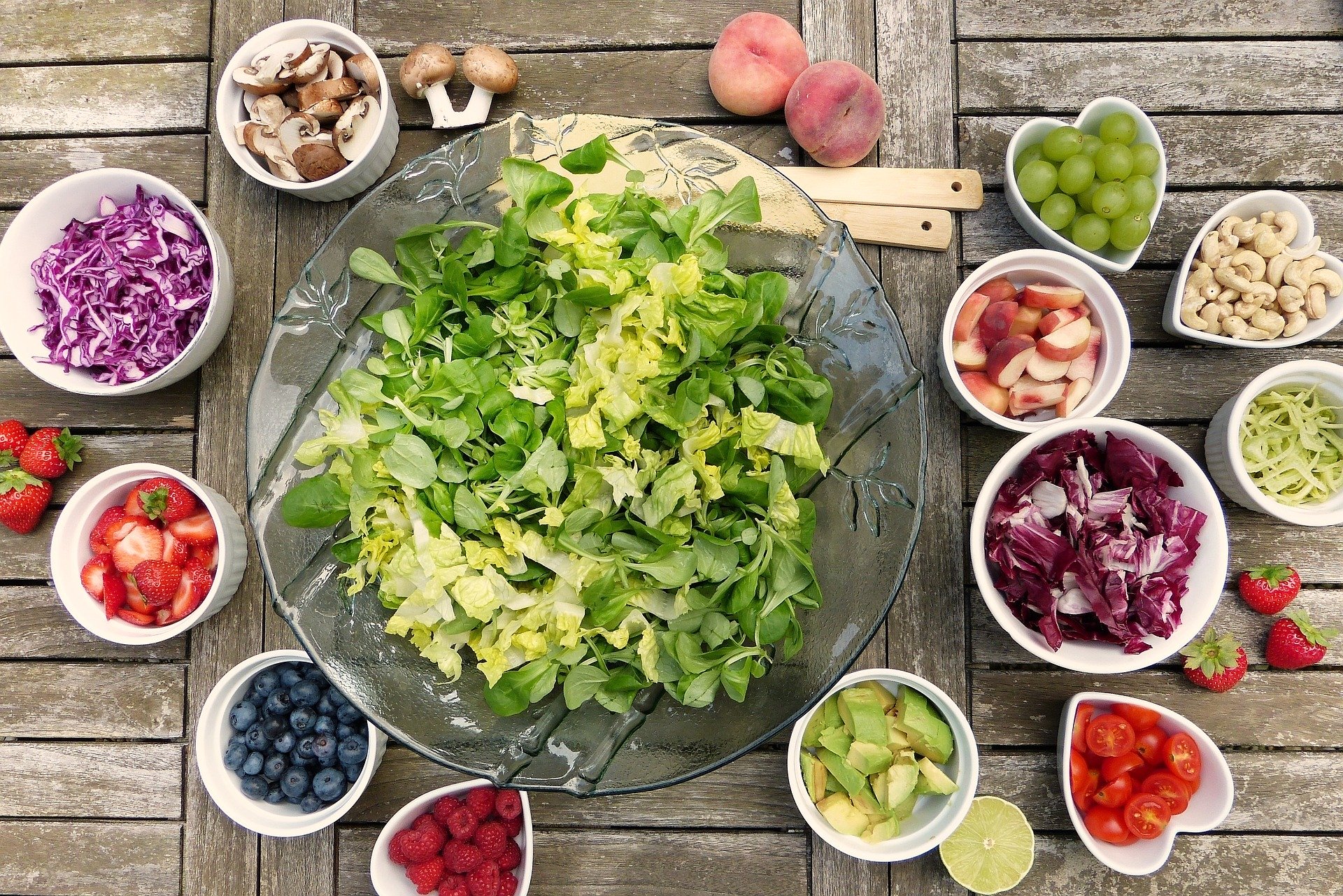
What is this diet plan about?
A diet plan that relies mostly on the food intake from plants is known as the Plant-based diet. It not only involves vegetables and fruits. Instead, it also involves seeds, oils, legumes, whole grains, etc. Using a plant-based diet does not mean that you will only be eating the plants and vegetables. It also involves eating meat, poultry, dairy products, etc. The only concern is that your diet should contain a significant portion of food from plants.
What does a plant-based diet bring to the table?
The plant-based diet is directed at lowering the risks of heart diseases, majorly the heart attack, and reducing the increased blood pressure, which is caused by the veins’ blockage. Medical practitioners and nutritionists have suggested taking a plant-based diet and minimizing the use of meat, poultry, etc., for heart health protection. The plant-based diet is not only good for the heart; instead, it also helps in boosting the energy levels.
What to include in the plant-based diet?
From the name of this diet plan, it is evident that it consists of a significant portion of the food from plants. The following are some tips to start with the plant-based diet.
- Eat lots of veggies
Eat three balanced meals throughout the day. Add half plates of the veggies both in lunch and dinner. Choose from a variety of available vegetables and add a colorful mix of them in the diet. Vegetables can also be enjoyed as a snack with salsa, hummus, etc.
- Cooking a veg meal once a week
During a week, cook at least vegetable meal once. Prepare these meals involving beans, whole grains, and vegetables.
- Add whole grains to breakfast
Add whole grains in breakfast as well. You can start by adding oats, barley, porridge, etc., at breakfast. You can also add fresh fruits and some nuts to breakfast.
- Rely on salads
The best meal in the afternoon is a salad. Fill a bowl with green vegetables like spinach, romaine, cabbage, etc., and eat it during the daytime. You can also add some spices or stir-fry the vegetables to change the taste and texture.
- Eat fruit for desserts
Avoid eating sweets for desserts. The best food to eat for dessert is fruits. A ripe peach, a fresh watermelon, or a juicy apple can be the favorite choices as desserts. Fruits are proven to be healthy for the human body.
- Eat green
This diet plan should involve a large number of greens. Go for a variety of green vegetables like spinach, Swiss chard, collards, etc. Cook them in different ways like stir-fry, grill, braise to present yourself with different flavor, texture, and amount of nutrients every day.
- Cut down on meat
The significant part of this diet plan is cutting down on meat, poultry intake. We are not asking you to obliterate these items. Instead, shift them from the centerpiece to garnish.
Bringing the Change
Deciding that what would be the best plant-based diet would be for you is a bit tricky. Many people would not favor shifting from the meat-based diet to a healthier plant-based diet. For others, a drastic change can prove disturbing and lead to different issues like loss of appetite, stomach disorder, etc. Hence, a gradual shift to the plant-based diet is recommended. Start by replacing white bead in the breakfast with whole-grain bread, cereals with oatmeal, white rice with brown rice, and replacing meat with nuts or legumes. This gradual diet change is sure to leave a positive effect on your health.
Pros and Cons of the plant-based diet
All things are known to have their pros and cons. Things having more advantages are considered beneficial and vice versa. Similar is the case with the diet plans; they also have their goods and bad. Before going for the plant-based diet and adopting it as your diet plan, it is necessary to know its advantages and disadvantages. The benefits of the plant-based diet include the following.
- Easy weight management
- Increase in immunity leading to enhanced disease resistance
- Reduced risk of cancer and diabetes, increasing the life span
- Lower Body Mass Index (BMI) ratio
- Improved heart health and lowering heart attack chances
One can not have all advantages and no disadvantages. The plant-based diet also has its drawbacks, which are:
- Difficulty in ensuring enough protein intake
- Meal planning and preparation
- Lack of some essential food groups like calcium, iron, etc.
Final Remarks
The plant-based diet is scientifically proven to reduce heart-related issues. Moreover, this diet plan also boosts energy levels. However, relying entirely on the plants leads to a deficiency of essential food groups like proteins, calcium, etc. Hence, a balance should be maintained in the diet plan. You are advised to go for this diet plan only if you can maintain a healthy diet balance.







